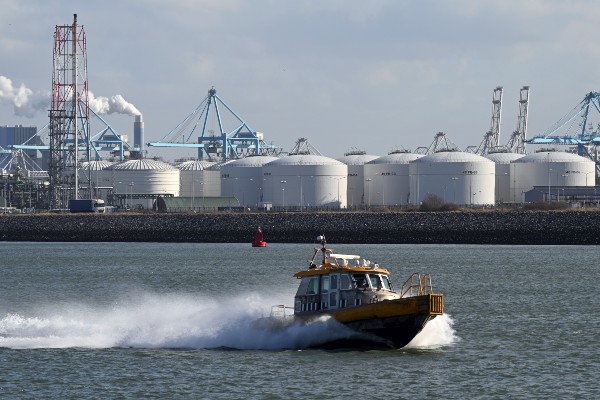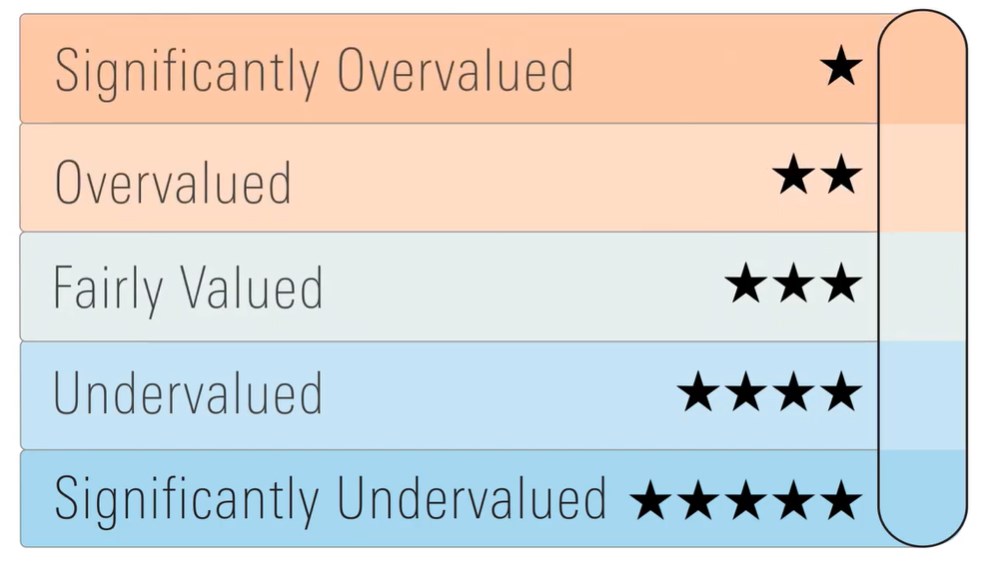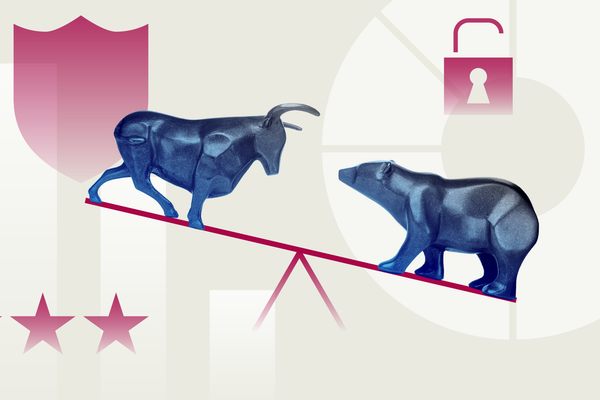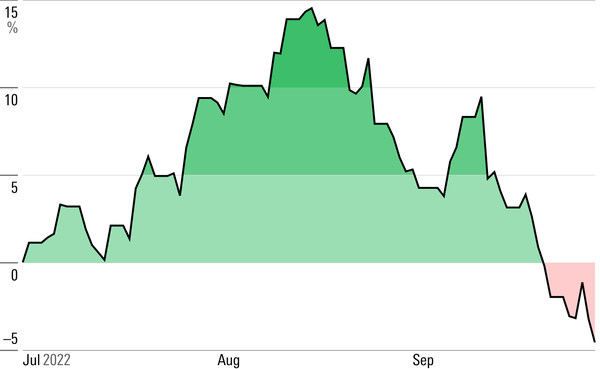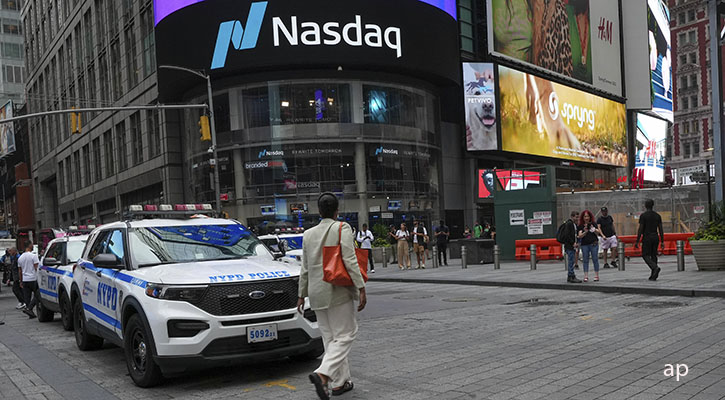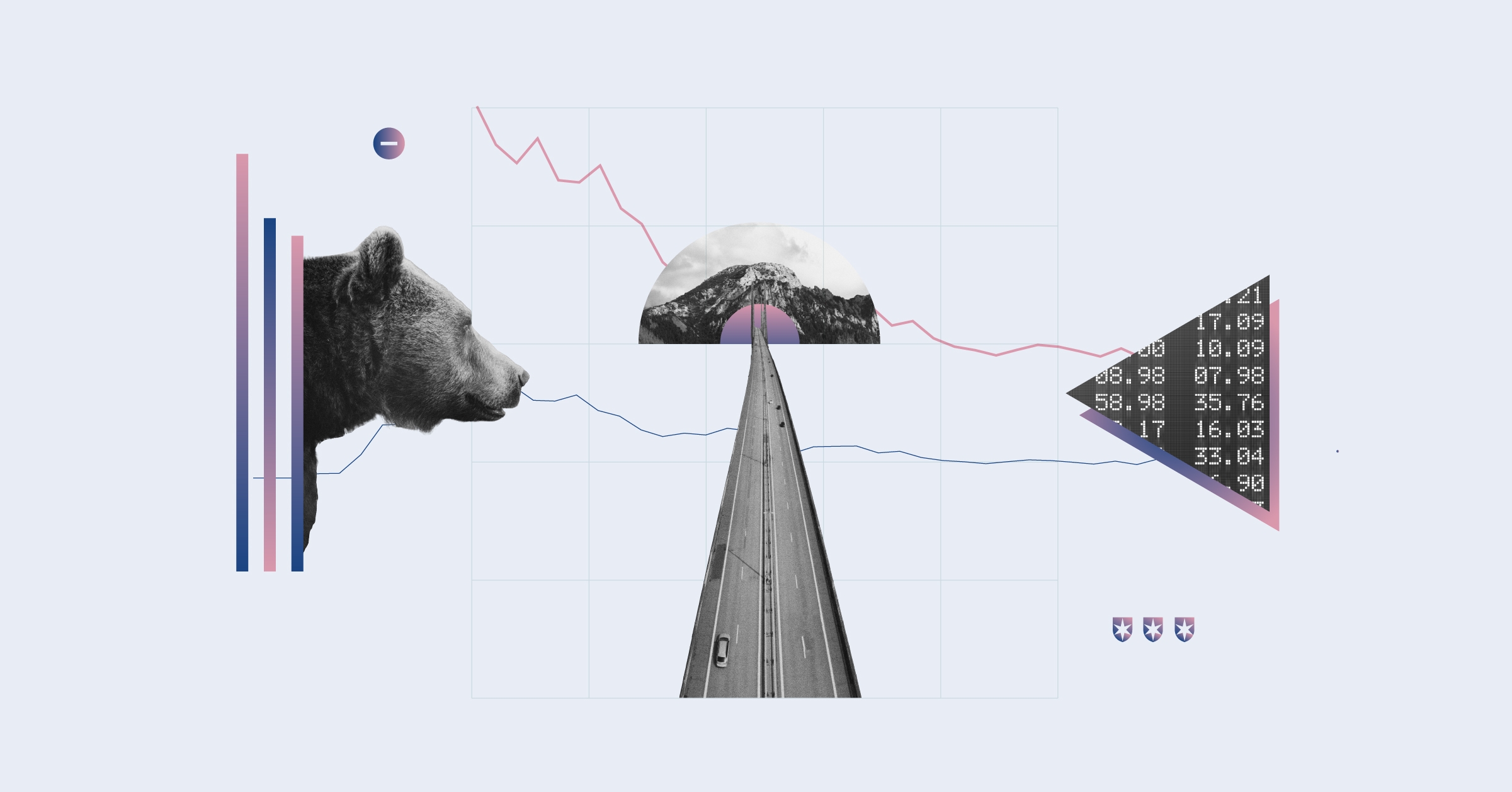
The Morningstar Uncertainty Rating can sound complex, but the intuition is simple: different companies have different fundamental risk levels. Some companies have stable and predictable cash flows; others might not be so stable or predictable. This is where the Uncertainty Rating, for which we just launched an updated methodology, comes into play.
As an investor, if you are very unsure about a company’s future and therefore very unsure about that company’s intrinsic value (see the Morningstar Fair Value Estimate), you should want a higher margin of safety, and vice versa.
Let’s imagine a company that has a 99% certainty of being worth $100. It would make sense to invest in this magical company at almost any amount below $100. Even paying $98 seems like a good investment. In other words, you would require a very small margin of safety for this company that holds very low uncertainty.
Now let’s think about a company that has a 50% chance to make it big and be worth $100 tomorrow and a 50% chance to go bankrupt and be worth $0. For this company, where there is much higher uncertainty about the future, it makes less sense to pay $98, even though theoretically that $98 could be worth $100 tomorrow.
This is what the margin of safety concept is all about, and it’s exactly what the Morningstar Uncertainty Rating seeks to categorise.
The Morningstar Uncertainty Rating in Practice
The Uncertainty Rating represents our analysts’ ability to bound the estimated value of a company’s shares around the Morningstar Fair Value Estimate.
In our first example above, the dispersion of future possibilities around $100 was very narrow, as the company was going to be worth $100 tomorrow with near certainty. The second example had a much wider dispersion of future fair values.
The Uncertainty Rating has five categories: Low, Medium, High, Very High, and Extreme. Factors that can influence a company’s rating include operating and financial leverage, sales sensitivity to the overall economy, product concentration, pricing power, exposure to material environmental, social, and governance risks, and other company-specific factors.
The Uncertainty Rating interacts with our Morningstar Fair Value Estimate to produce the Morningstar Rating for stocks. As you can imagine, the higher the Uncertainty Rating, the greater the margin of safety we demand when assigning our star ratings. The following chart shows, for each Uncertainty Rating category, the numbers behind the margin of safety we require for different star ratings.
How Does it Work?
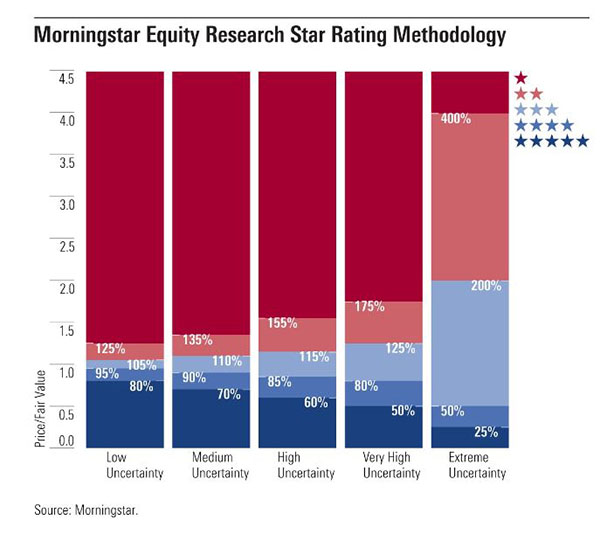
Low. The margin of safety for a 5-star rating is a 20% discount and for a 1-star rating is a 25% premium.
Medium. The margin of safety for a 5-star rating is a 30% discount and for a 1-star rating is a 35% premium.
High. The margin of safety for a 5-star rating is a 40% discount and for a 1-star rating is a 55% premium.
Very High. The margin of safety for a 5-star rating is a 50% discount and for a 1-star rating is a 75% premium.
Extreme. The margin of safety for a 5-star rating is a 75% discount and for a 1-star rating is a 300% premium.
What's the Bottom Line?
Our analysts use their extensive knowledge of the companies they cover to assign them all an Uncertainty Rating. This Uncertainty Rating ensures that our star ratings (1 through 5) are risk-adjusted, implementing an appropriate margin of safety. This is yet another way we aim to help investors make more informed decisions about their stock investments.





